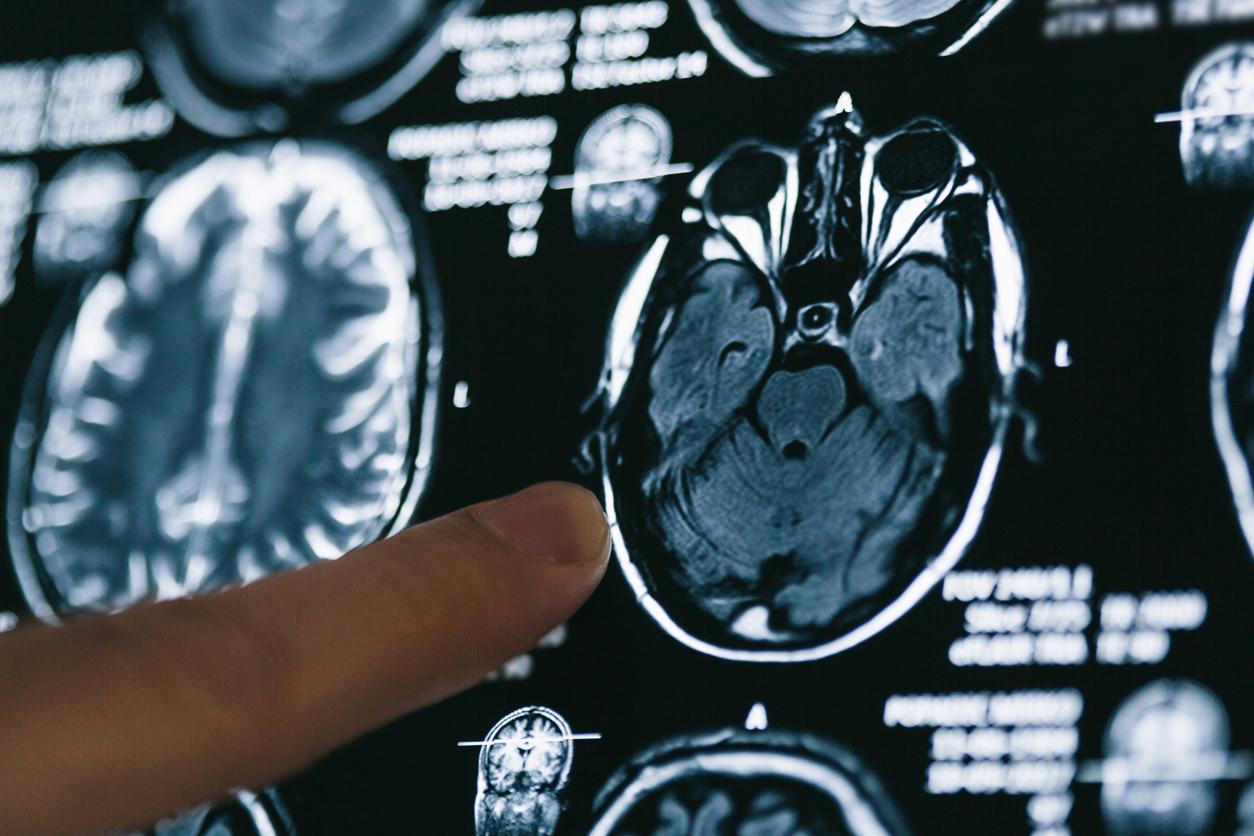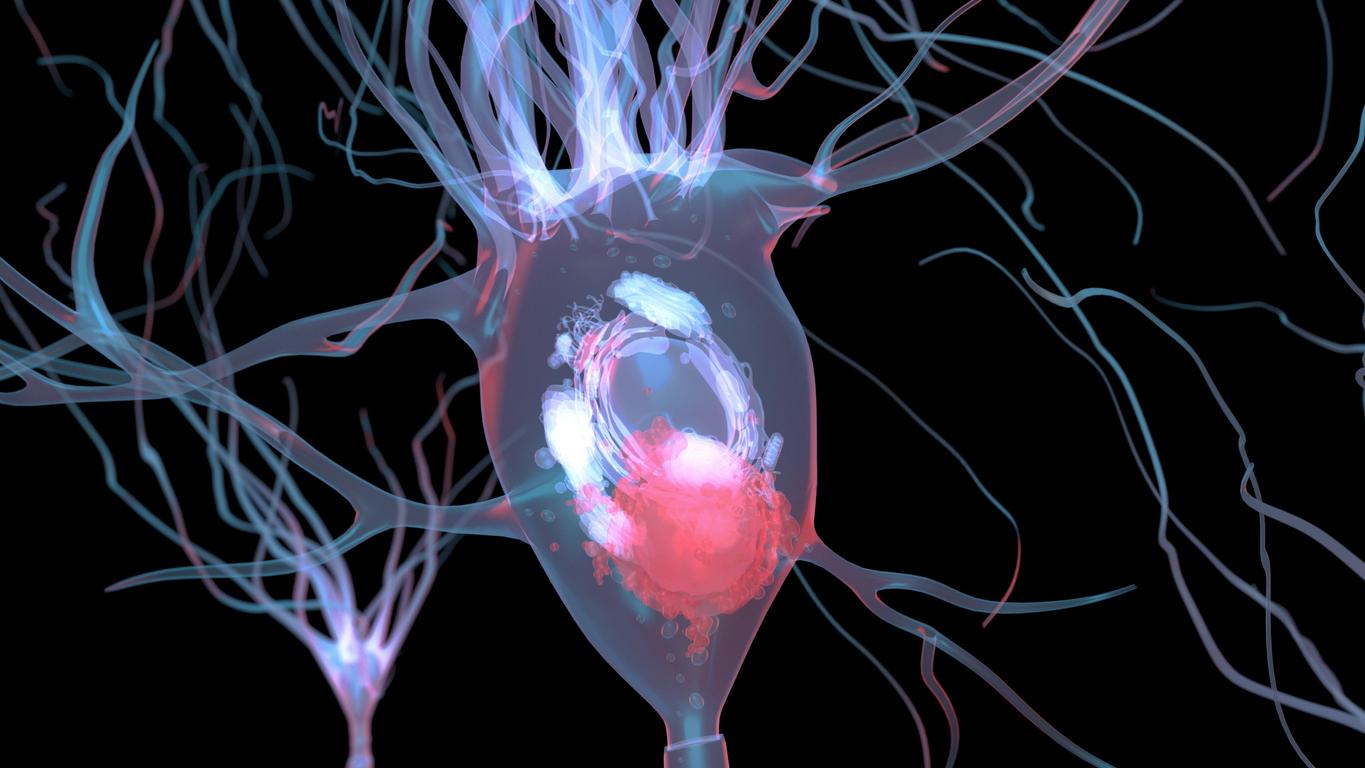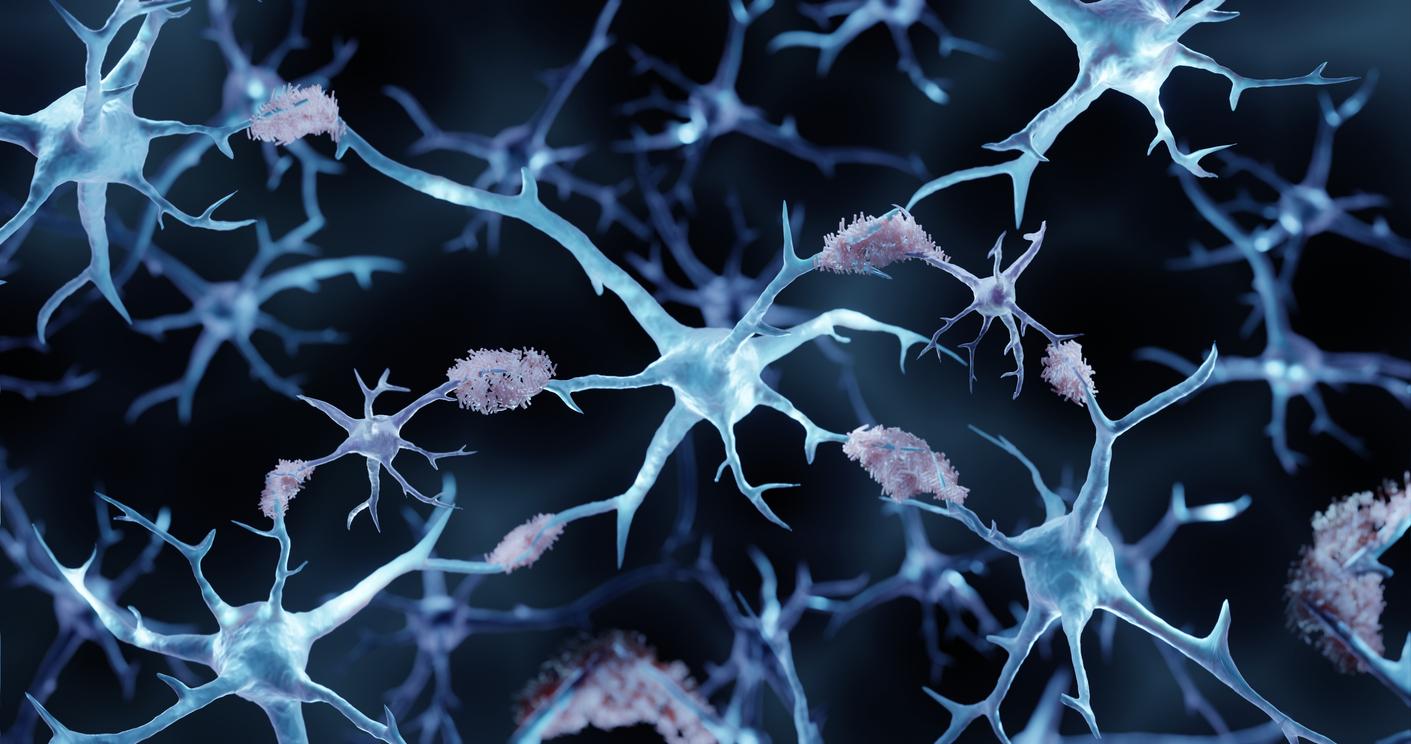A certain type of fasting-mimicking diet, called the Fasting Mimicking Diet, appears to reduce symptoms of Alzheimer’s disease, according to a new study in mice.

- In total, in France, the number of people over 65 with Alzheimer’s disease and related diseases is estimated at 1 million in 2018 (46 million worldwide).
- The number of new cases is estimated at more than 225,000 people each year. By 2050, the number of people affected by a neurocognitive disease is expected to reach more than 1,800,000 cases.
The “Fasting Mimicking Diet“, which can be called in French the “quasi-fasting” or “diet mimicking fasting”, is a type of diet that mimics the positive effects of fasting without suffering its side effects, by providing its followers with the necessary nutrients. On the menu: light meals, low in calories and protein, composed of complex carbohydrates, or slow sugars, as well as unsaturated fats (healthy fats).Previous studies have shown that the effects of fasting have many health benefitsnotably nerve regeneration, reducing inflammation, decrease in blood pressure and weight lossalthough sometimes some studies contradict its effectiveness.
Fasting Mimicking Diet: good results in mice with Alzheimer’s
But a new studypublished in the journal Cell Reports, brings an additional argument to the supporters of this type of regime. This time it’s about Alzheimer’s disease. Researchers from the USC Leonard Davis School of Gerontology say a diet mimicking fasting reduces levels of two key hallmarks of the disease – beta-amyloid and hyperphosphorylated tau protein. These substances accumulate and become entangled in the brain, which disrupts cognitive functions, leading to dementia.
In this study, the researchers observed a group of healthy mice and two groups of mice genetically modified to develop Alzheimer’s disease. Among these two Alzheimer’s groups, one group of mice was subjected to the diet mimicking fasting for four to five days in a row, twice a month, over a period of 15 months (which corresponds to a total of 30 cycles) per Researchers. Between these cycles, the rodents had a normal diet.
The researchers found that they had less brain inflammation, less cognitive decline, and performed better on cognitive tests (in mazes) than other mice on a normal diet. The dieting mice even had lower levels of oxidative stress, which the researchers believe plays a role in causing Alzheimer’s disease. Finally, they nearly matched the performance of the group of healthy mice.
Alzheimer’s disease: a clinical trial has also been done on humans
A phase 1 clinical trial was also carried out on 40 human patients with mild cognitive impairment or Alzheimer’s disease. The latter, who had no other health problems apart from that, followed a diet mimicking fasting for five days once a month, or simply replaced their lunch or dinner with a dish of pasta or rice for five days. The data reveals that it has been beneficial to them.
Further tests still need to be performed to confirm these data and the promising results seen in mice.

















